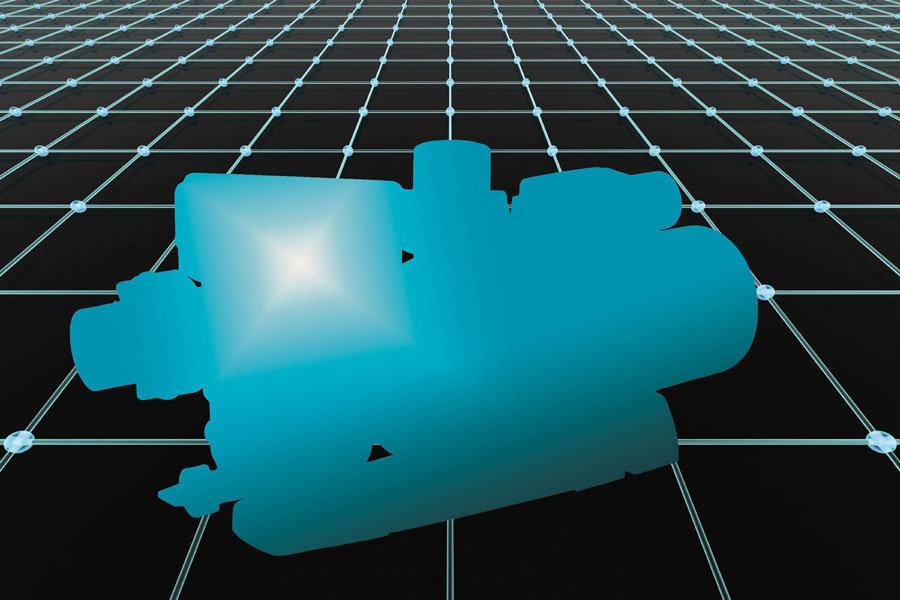In 2021, variable-speed pumps may become mandatory for pool/spa filtration.
After working with manufacturers, utility companies and energy-efficiency advocates, the U.S. Department of Energy finalized a federal regulation setting minimum efficiency standards that pool pumps must meet to enter commerce.
“In the long term, this is really going to help [promote] a perception that our industry is contributing towards responsible energy savings and helping our consumers save money,” said Jeff Farlow, program manager of energy initiatives for Pentair Aquatic Systems in Sanford, N.C.
“Energy Conservation Standards for Dedicated-Purpose Pool Pumps” states that pumps past a certain horsepower must meet a performance standard currently only met by variable-speed pumps.
The regulation was initiated by DOE, which invited the industry to participate. “It was certainly a compromise or a negotiation, but everyone had their input,” said Shajee Siddiqui, director, global product safety and compliance for Zodiac Pool Systems, Inc. in Vista, Calif.
A different unit of measure will determine a pump’s compliance. Rather than traditional motor horsepower, the rule applies to filtration pumps rated more than 0.711 hydraulic horsepower. This translates to roughly 1 or more motor horsepower.
“There will be a learning curve as the labels change, as we reference horsepower in new terms,” Farlow said.
Variable-speed models are the fastest-growing pump category, said Scott Petty, global product manager of pumps and filters for Hayward Pool Products in Elizabeth, N.J. This speeds up the process. “The industry will have to become more familiar with variable speed pumps, even markets that have been slow to adopt them.”
The regulation also removes a loophole seen in California and other states that already regulated pump efficiency. “There have always been questions of enforcement in California: With the internet, you can buy product and it can ship from someplace else,” Petty said.
Pumps less than 0.711 hydraulic horsepower can be single-speed, but even these will likely be held to higher standards.
The regulation applies to residential and commercial applications. But most large-scale commercial facilities already comply because of existing regulations.
The rule takes effect July 18, 2021.
It differs from the Energy Star program, which is voluntary. If anything, Farlow said, Energy Star likely will change so its test standards and rating system better resemble the new regulation.
Additionally, the federal rule will supersede state regulations, such as California’s Title 20 appliance standard.
Pumps dedicated to powering waterfeatures, automatic pool and spa cleaners and certain other features will not be affected.
Officials worried about a loophole in the rule — the lack of regulation for replacement motors. Whole-pump manufacturers feared this would place them at a disadvantage. “Manufacturers expressed concern that this may shift the market, that more replacement motors would be sold than complete pumps,” said Ray Mirzaei, vice president, technology and quality assurance for Waterway Plastics in Oxnard, Calif.
DOE plans to write language for replacement motors, likely in time for the rule to go into effect, said energy consultant Gary Fernstrom, who helped draft the rule.
With the price of variable-speed pumps going down, cost isn’t expected to present such an obstacle, Fernstrom said. “The DOE decided that the incremental cost … is now low enough that there shouldn’t be anybody that ought not to want one, because the payback is so quick,” he said.
However, when 2021 approaches, the regulation may mean fewer rebates for energy-efficient pumps, since the perceived need for an incentive may vanish.
“It will either bring about an end to rebates or a change to them,” Fernstrom said.
In the meantime, the manufacturers are waiting for DOE to release the test procedures for determining compliance, so they can begin assessing their products.

